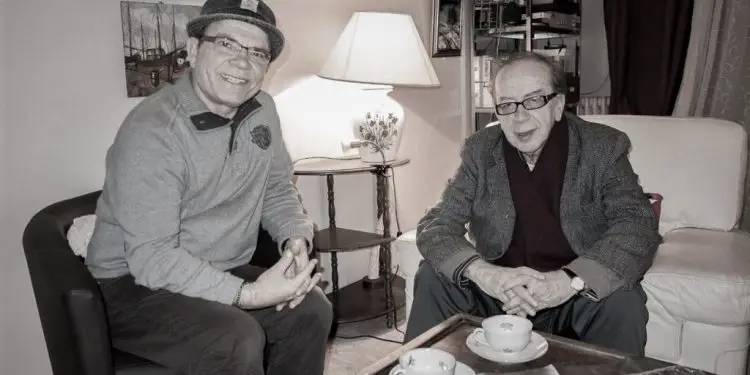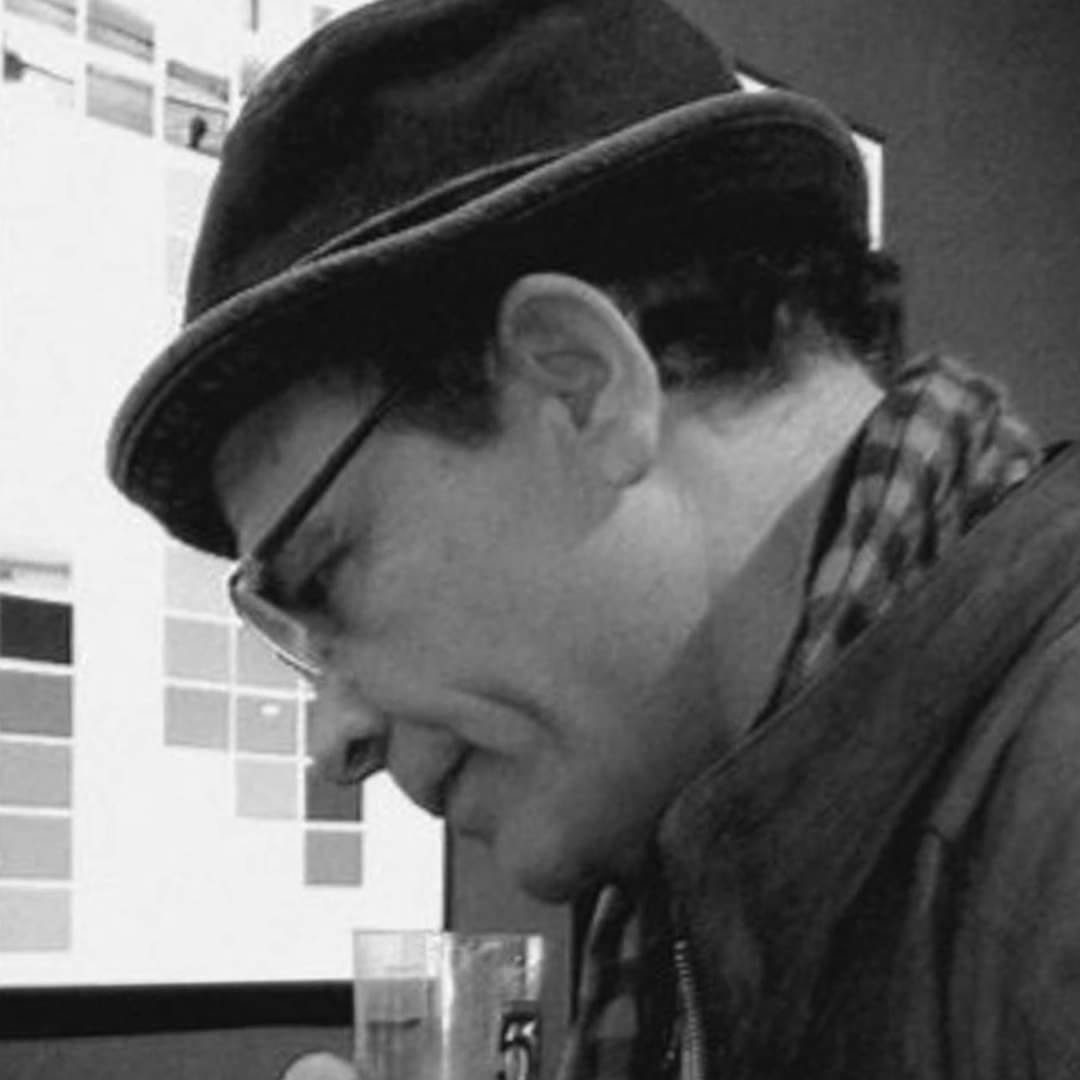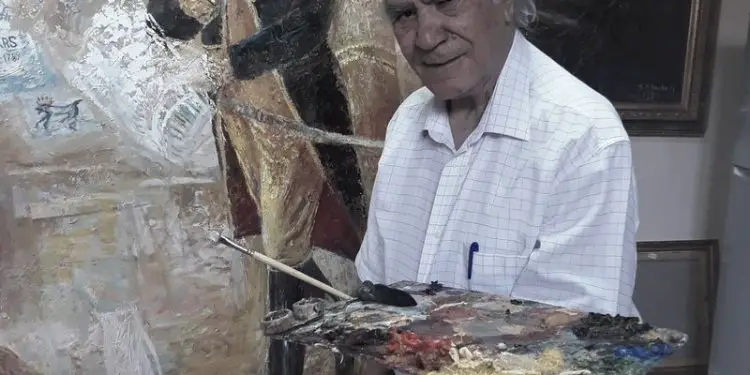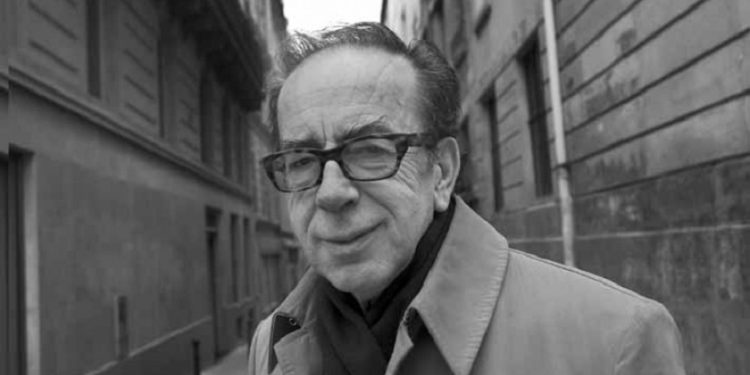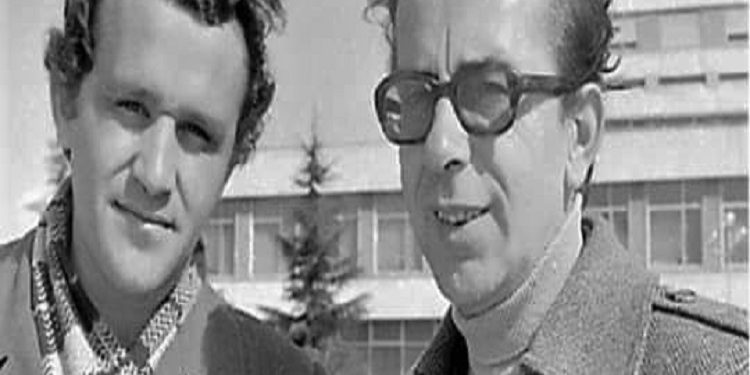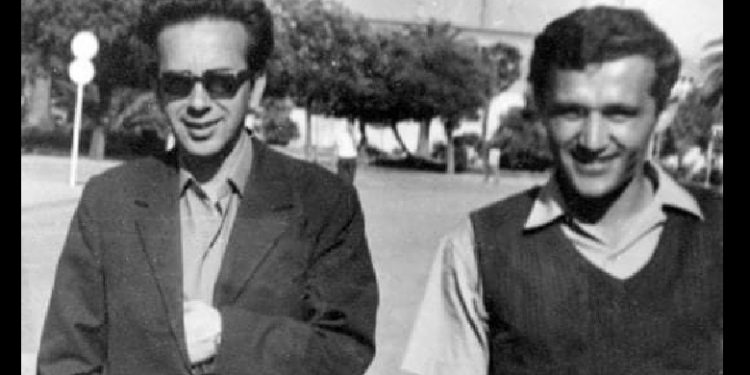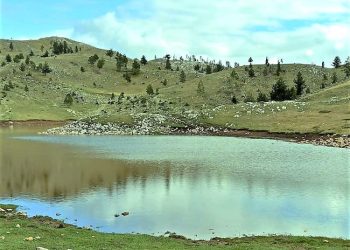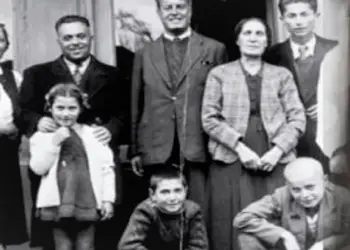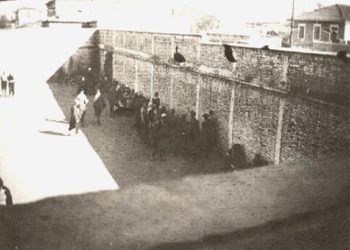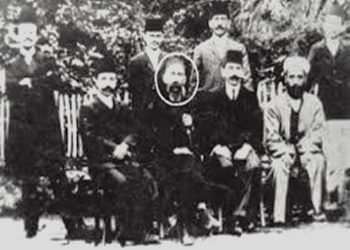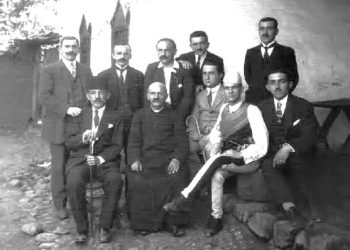By Vasil Qesari
Part seventeen
Memorie.al/ The overthrow of the great totalitarian edifice in Albania would leave behind, not only the change of the system, accompanied by lots of hopes, mirages and cries of happiness but, unfortunately, also many wounds, dramas, victims, dust, milk and disappointments from the most different. Ten years and more after that event, which deeply shook society, completely overturning many previous codes, rules and concepts, people still continue to ask themselves such questions as: What really happened in society Albanian, during the last 50 years of the dictatorship? How was it possible that the system managed to warp everything? Why did people accept it? What was the totalitarian logic of the transformation of society and the individual? How were the structures of totalitarian mechanisms conceived and functioning: propaganda, secret police and the exercise of the ideology of terror? How did it happen that among all the communist countries of Eastern Europe, Albania was considered an exception or a special case? Why did Enver Hoxha remain blindly, fanatically loyal to Stalin until the end, turning the country into a prison where violence, fear and purges continued until the end of the 80s? Why was the country so insanely isolated, locking people up between bunkers and barbed wire? Why, then, did all the above phenomena happen…?! The book “Post-scriptum for Dictatorship” does not claim to provide definitive answers to the above questions, or the complexity of the reasons that brought and maintained the totalitarian power in Albania. Nor is it a complete, deep and comprehensive fresco of the life and suffering that people experienced during that system. Its author, perhaps, has the merit that together with the retrospective view of the totalitarian period as well as the zeal of a passionate analyst, he has tried to turn his head back once again, to give not only his personal memories and opinions, but also to return once again to the vision of that era with the simple philosophy of preserving the Memory and supporting the Appeal to never forget the well-known maxim, that…the corpse’s nails and hair continue to grow even after death! Ten years or more after the great revolution, the book in question has current value and we hope it will be appreciated by the reader because, as an Albanian researcher also says… the greatest evil that can happen to a people comes when he fails to analyze his own past. An amnesic people are forced to be constantly neuropathic and repeat their painful experiences…!
Continues from last issue
Was the writer Ismail Kadare a dissident?
Year 1975
… The party had discovered the “coup group” of Beqir Balluku and his friends. Another wave of purges had started in the country. Exactly, in such a very scary situation, Ismail Kadareja, had made another mistake.
The correspondent of the “Voice of the People” gave me the news fresh. He told me that, in the last meeting of the editors, there was talk about a new poem of his, which, according to the information received from the Central Committee, was described by the leadership as too hostile.
As it was commented in close circles of the Party, Ismail Kadareja, (always a provocateur, malicious and with hostile intentions), allegedly finding reasons for the privileges, orgies and hostile activity of Beqir Balluk, Hito Cakos, Petrit Dumes and other generals, had called them, and not only them, “Red Poor”. (By stigmatizing and accusing the structures of the Party, the Political Bureau, all communists, and the state of the socialist system itself).
The diabolical poem was not at all difficult to understand where it hit, therefore, up in the Political Bureau; it was called an open call for counter-revolution. Thus, Kadareja, you had done the second trick, you had received the news.
(In 1975, because of my poem ‘Pashallaret e kuq’, all of Albania, even those who had never opened a literary book in their life, learned that the most famous writer in the country had written a poem in which called for ‘armed uprising’), Kadare would write years later about this event.
Year 1982
Among the few pleasures for the passionate reader of that time was browsing the pages of the newspaper “Drita” on Sundays, especially with the curiosity of reading some news about the arts, literature and foreign cinema. Exactly, on such a Sunday, I learned that Kadareja was harshly criticized in the plenum of the League of Writers and Artists of Albania.
The next day, for more details, I rushed to the studio of the painter Skënder Kamberi, who was also a member of that plenum. Skenderi, very dark, with his black beret, long hair and sharp features (he always reminded me of Che Guevara’s portrait), told me bluntly:
“He, Ismaili, was really a big ass! Is he making his own grave with his own hands?! And, how can one write like that, so openly, against the Party of power…”?!
Why do you mean? – I asked him in surprise, as if I didn’t know anything.
“For the novel ‘Palace of Dreams’ – he added – From the very first lines, it is understood that the events take place in Tirana, even in the Central Committee of the Party…”!
Then, he told me that Nexhmije Hoxha and Ramiz Alia had also participated in the plenum.
Kadareja was initially criticized in the main report. Then, during the discussions, the attacks on him became so fierce that many thought that he would be arrested right after the meeting. Ismail had taken a seat at the end of the hall. He kept his head down and did not speak. In the end, friend Ramiz took the floor, who addressed him with these words:
“Listen, Ismail…! The people and the Party have raised you to Olympus, but if you do not stay loyal to their ideals, they will throw you into the abyss…”!
“My friend! All of us, maybe unintentionally, have stepped on it at some point, but you have to be brainless to write such a book”! – concluded his confession, the painter from Vlonia, Skënder Kamberi.
Really, I said to myself, what courage he took, that of Kadare!
A courage that could cost him his head. The parallelisms and similarities between the atmosphere, ideas and characters of the novel “Dream Palace” and the reality in Albania were described so openly that even a fool could understand why the allusion was made.
(The “Dream Palace” was the parallel story of two dictatorships or, more precisely, two spiritual tyrannies. A Babel of human ants, where everyone had to have his workplace, hoping that one day he could receive a reward for somehow improved his current conditions. It was the history of a country where happiness and utopia existed only in the registers, in the framework of the laws of an extreme bureaucracy).
But Kadare’s protective talisman had not yet lost its power. Apparently, even that time, it was Enver Hoxha himself who stopped the vicious campaign against him. Why…?!
Many thought that the persecution and imprisonment of the writer would not cause any trouble, but the dictator understood that it was not that simple. Kadareja was no longer the modest writer of the 60s. His works have been published in France and many other countries.
Consequently, it was certain that his imprisonment would cause strong opposition echoes in Europe and beyond. On the other hand, it should not be forgotten that he was the author of “The Great Winter” and, the dictator, he would not want the one who had placed his figure in the center of the book, to be considered an enemy, which he necessarily would followed by the disappearance of the novel itself…!
…Without a doubt, these memories and reflections about Kadare, in those past and now distant times, but not forgotten, are but a faint sketch of the events related to his personality. A partial view of the complex-Kadare phenomenon.
Phenomenon, which will be able to be fully elaborated, through deep and numerous studies, by specialists and people more competent than the author of these posts. But, nevertheless, to close this chapter, let us say two last words.
True, Kadareja did not manage to become a political activist of the caliber of Vaclav Havel, but we can say with conviction that with his work, he became an intellectual leader of silent opposition to the Stalinist regime.
Thus, he can be described as a completely original dissident (always in quotation marks), who, according to the popular expression, did not hit the wall with his head and preferred not to rot in prisons, carrying the Weight of the Cross on his shoulders, with the only objective: keeping alive of the soul of a people, which was in danger of being alienated in a tragic and completely irreparable way.
Currently, whatever the attitudes or considerations towards Kadare’s position, creativity and personality, I think one thing is absolutely indisputable. The fact that he is not only the creator, creator and dominant figure of modern Albanian literature, but what is even more important:
The great writer of the values, the spirit of the history of our people. And, it should not be forgotten that this is very important not only for culture, but also for the very existence of a nation.
For the truth of this opinion, it is enough to quote a judgment of Vaclav Havel, who, among other things, says:
“However contradictory the interests of a true writer, whether when he writes about love, jealousy, human wickedness, nature, his childhood, about God or schizophrenia, whether when he does the work of a philosopher or a psychologist, when he sticks to the facts does he speak allegorically, when he devotes himself to the most extravagant aesthetic projects – that is, in any of the circumstances I quoted above – there is something that a true writer can never avoid: Writing History.
Its social background, its era, including politics. Consequently, sooner or later, we discover the fact that a great literary work transmits in an indirect, complex and even secret way, elements that belong to history, culture, civilization or the social and spiritual condition of the human community… “!
From this ideal and brilliant conclusion, the impression is created as if Vaclav Haveli wrote these words to define, among other things, the place, the role and the important message of the Work of Kadare.
Words, which, for the honor of all Albanians without distinction, our great writer fully deserves…! Memorie.al
The next issue follows




